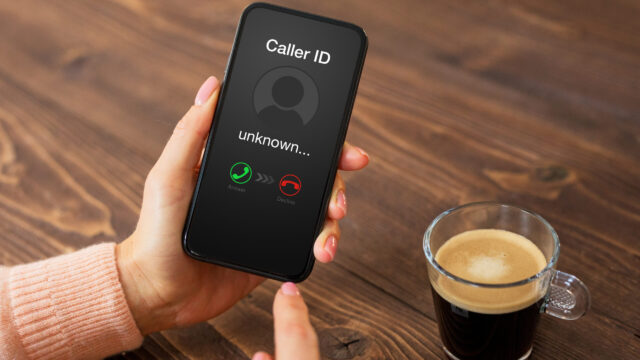EPIC to Ninth Circuit: Some Mass Dialing Still Illegal Post-Duguid
December 14, 2021

EPIC has filed an amicus brief in Borden v. eFinancial arguing that callers who use some mass dialers without consent violate the Telephone Consumer Protection Act (TCPA) even after a recent Supreme Court decision cabined the law. Earlier this year, the Supreme Court ruled in Facebook v. Duguid that the TCPA’s restriction on “automated telephone dialing systems” or autodialers only covered equipment that used a “random or sequential number generator.” Borden sued eFinancial for sending automated text messages en masse to his and other consumers’ phones after they gave their phone numbers to the company through a misleading online form. Borden alleged that the equipment used a random or sequential number generator to mass dial the telephone numbers. The district court dismissed the case, finding that the equipment must generate random or sequential telephone numbers. Borden appealed the case to the Ninth Circuit. EPIC’s amicus brief explains that the plain language of the statute is broader than the district court’s interpretation. EPIC also describes, from a technical perspective, what random and sequential number generators are, how they work, and how some mass dialers use them to make automated calls. EPIC often participates as amicus to explain the technology at issue in a case. EPIC also routinely files amicus briefs in Telephone Consumer Protection Act cases.

Support Our Work
EPIC's work is funded by the support of individuals like you, who allow us to continue to protect privacy, open government, and democratic values in the information age.
Donate